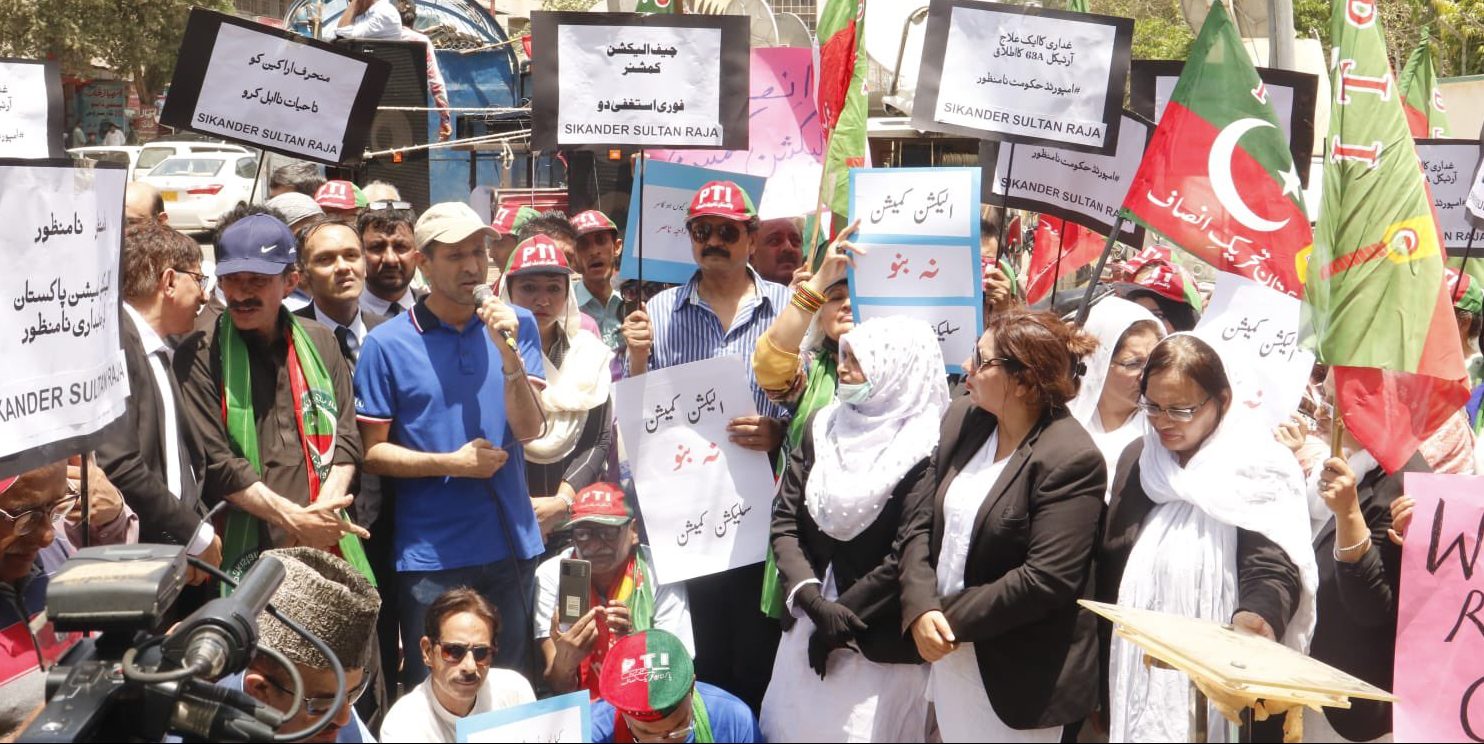The recent declaration by the Inter-Services Public Relations (ISPR) detailing the loss of seven Pakistani soldiers, including high-ranking officers, in a terrorist attack in North Waziristan, is a stark reminder of the ongoing struggle against terrorism in the region. This incident underscores the complex security challenges faced by Pakistan, particularly in the northwest frontier areas adjacent to Afghanistan.
The attack, characterized by an explosives-laden vehicle breach and subsequent suicide bombings, highlights the relentless and evolving threat of terrorist organizations in Pakistan, notably from factions such as the Tehreek-e-Taliban Pakistan (TTP). The ISPR’s account of the event not only commemorates the bravery and sacrifice of the fallen soldiers but also signals the persistent efforts of the Pakistani military to counter and eliminate terrorism within its borders.
This incident comes in the backdrop of increased terrorist activity in the region, including significant attacks like the one in Dera Ismail Khan in early February, which had a high casualty rate among policemen. The repeated targeting of military and law enforcement facilities indicates a strategic focus by terrorist groups to undermine state security mechanisms and instill fear among the populace.
The Pakistani military’s response, leading to the neutralization of the attackers, reflects the high level of training and the counter-terrorism strategy in place to confront such threats. However, the loss of lives, including that of Lt. Col Syed Kashif Ali and Captain Muhammad Ahmed Badar, highlights the high human cost of these security operations.
THE NEW TTP THREAT
The mention of a new TTP base in Khyber-Pakhtunkhwa in a UN report is particularly concerning, suggesting not only a resurgence but also a potential reorganization of terrorist factions within Pakistan. This development might necessitate a reevaluation of both military and political strategies to address the root causes of insurgency, including socio-economic disparities and ideological radicalization.
Furthermore, the Pakistani government’s commitment to eradicating terrorism, as reiterated by the ISPR, is indicative of the broader regional and global struggle against extremism. The sacrifices made by the soldiers in North Waziristan are a testament to Pakistan’s role in this ongoing conflict, facing both internal and cross-border terrorism threats.
The international community’s support and collaborative efforts are crucial in addressing these challenges, emphasizing the need for comprehensive strategies that encompass military action, diplomatic engagement, and socio-economic development. The collective memory of the soldiers’ bravery serves as a reminder of the cost of peace and security, urging continuous vigilance and commitment to counter-terrorism efforts.


















